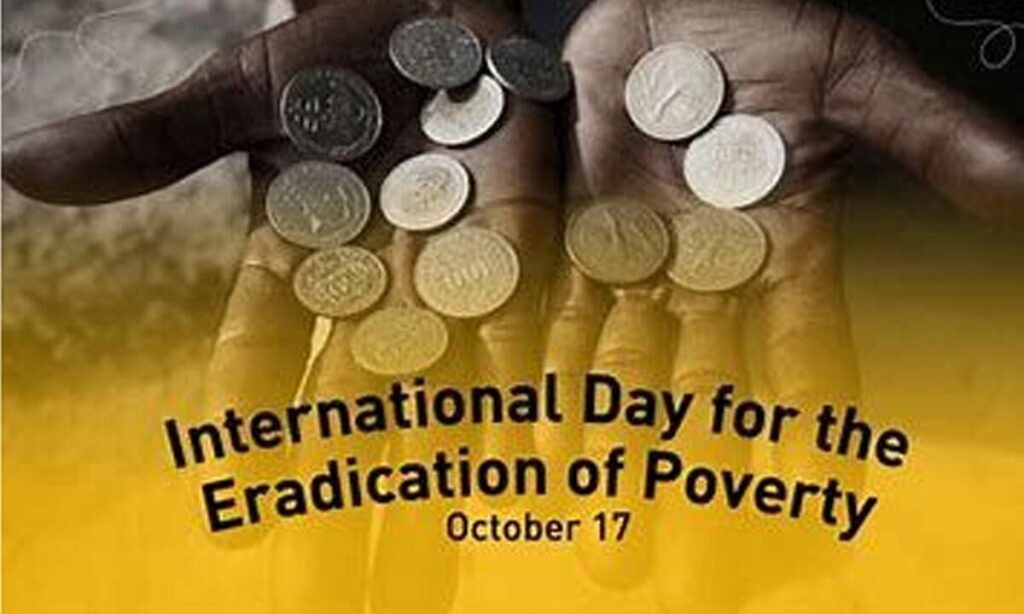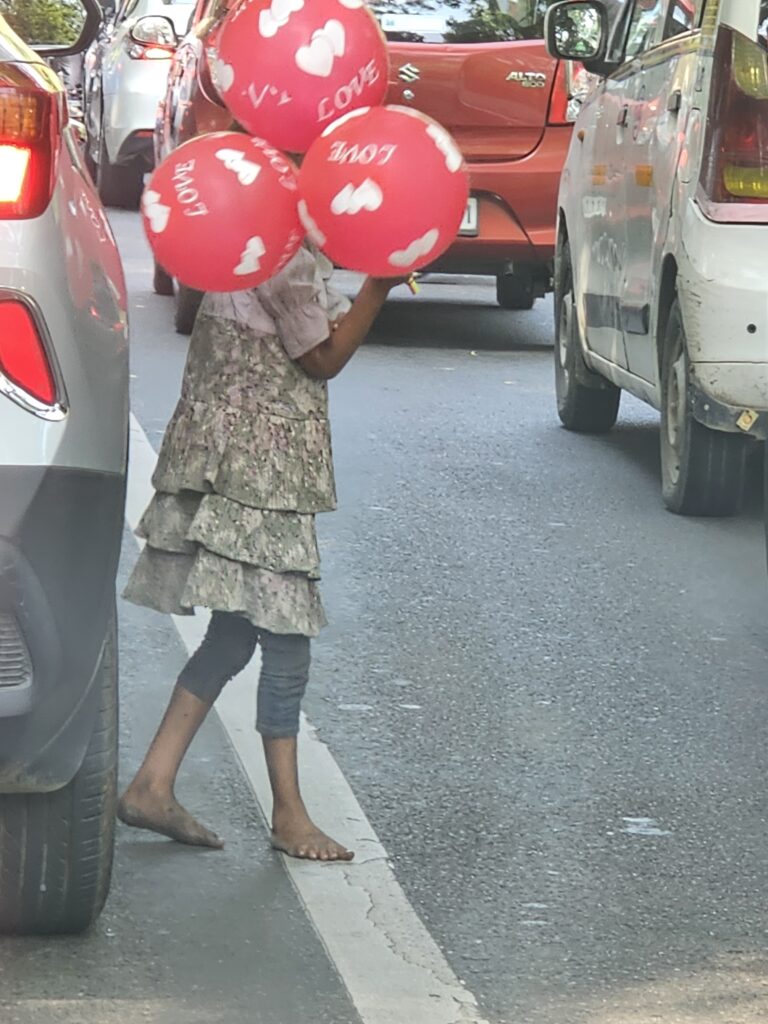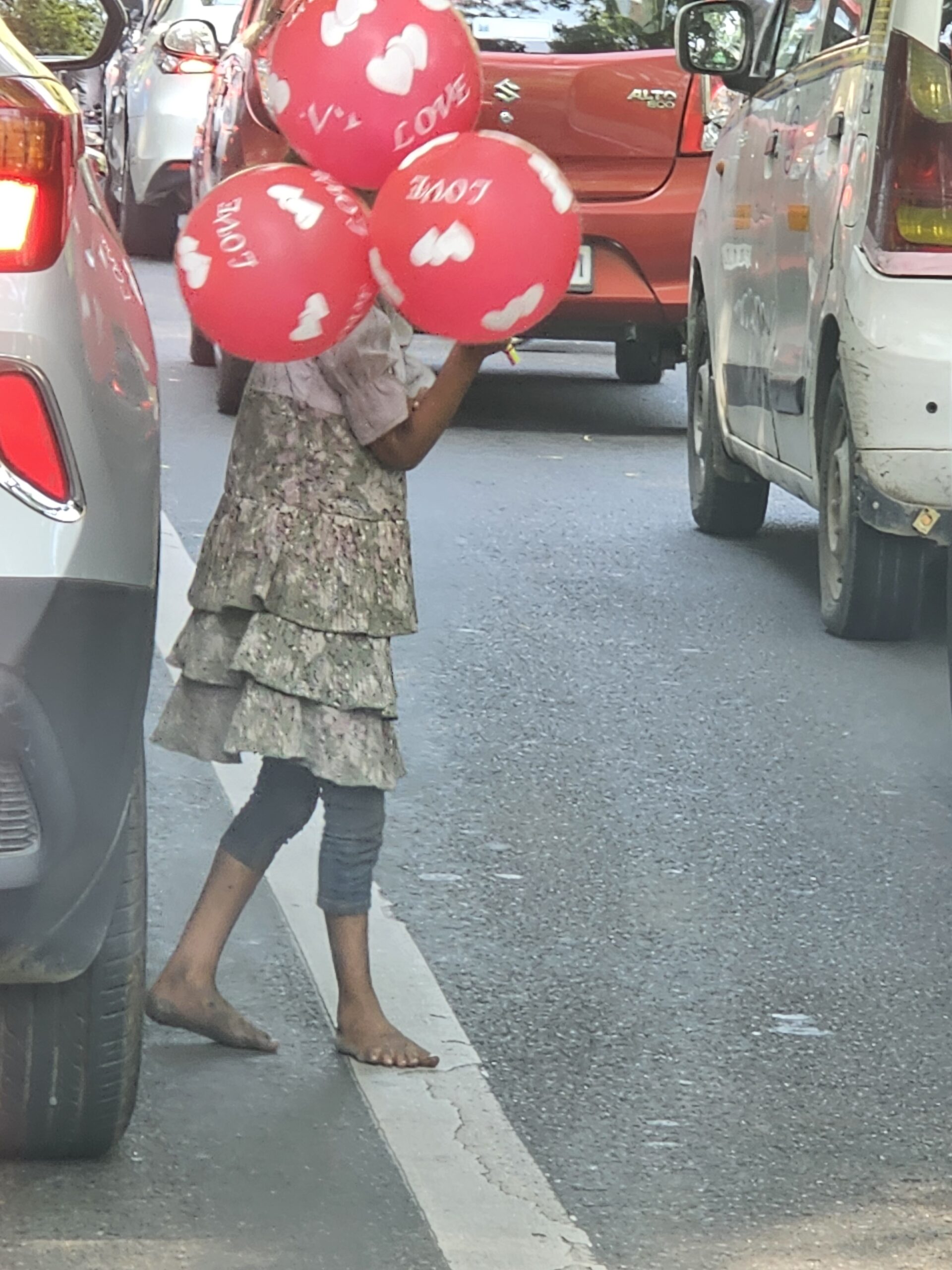This International Day, reflect on the stark realities of poverty and work towards a brighter and fairer future for all. Fighting together for the eradication of poverty can make a difference
By Mudabbir Ahmad Tak
October 17 marks the International Day for the Eradication of Poverty. It is a day when people, governments and institutions around the world are supposed to renew and redouble their efforts towards eradicating poverty and ameliorating the poor. The day is a stark reminder of how the world is still haunted by vast inequalities in wealth distribution stemming from various causes, and how these affect the common people around the world.
The International Day for the Eradication of Poverty traces its roots to the World Day to Overcome Poverty held in Paris, France on October 17, 1987. That day, around one lac people came together to pay tribute and remember the victims of poverty and the ills associated with it like hunger, violence and destitution. These people, who had assembled at the Trocadéro in Paris- the same spot where the Universal Declaration of Human Rights was signed in 1948, proclaimed that poverty was not just social malady, but that it was a violation of human rights. This stems from a realisation that the society bears a responsibility towards its downtrodden and marginalised, who should be taken care of. Failure to do so would amount to the violation of human rights. The people also inscribed this proclamation upon a commemorative stone. In 1992, the United Nations designated October 17 as the International Day for the Eradication of Poverty, with replicas of the original commemorative stone being unveiled at different locations around the world. The day serves as a reminder to the people around the world of their responsibilities towards the downtrodden.

Poverty is not just a dearth of money. It is a much larger problem that millions around the world are facing. Poverty involves a lack of resources to provide for the livelihood of oneself and of the family, leading to hunger, malnutrition and disease. Poverty also manifests in the form of limited access to educational, health and medical resources, which in turn lead to social exclusion and discrimination as well as severe health crises. As survivability diminishes, the prospects of self-actualisation and participation in decision-making processes of society and governance are also reduced. This leads to a vicious cycle of suffering and powerlessness, which affects not just an individual, but eventually, the whole society. According to the United Nations, in the year 2015, more than 736 million people around the world lived below the poverty line. Approximately 10% of the world’s population was living in extreme poverty before the COVID-19 pandemic, which means that these people were not able to afford the most basic needs of life like health and access to water and food. These figures have ballooned after the pandemic, and the number of people living under the poverty line could now be in the billions.
In fact, according to the United Nations Development Program (UNDP), around 165 million people fell into poverty between the years 2020 and 2023. One of the major reasons for this was the increasing debt servicing in important sectors such as social protection, health, and education. The debt servicing in these areas overtook expenditures, and as such, millions of people, especially in low-income countries, found themselves fallen in the grip of poverty. Such a system of debt servicing and lending that outmatches the people’s earning capabilities in a post-pandemic world has to be reviewed from a humanitarian perspective and alternatives need to be found.
In Jammu and Kashmir, although the state of poverty is not as bad as elsewhere in India, this problem still needs to be tackled head on until poverty is completely eradicated. According to the National Multidimensional Poverty Index (MPI) survey carried out in 2021, around 12.5% of the population of Jammu and Kashmir lives in multidimensional poverty. The report also adds that in Jammu and Kashmir around 26% of people endure nutritious food deprivations, 12.7% lack maternal health care and 47% endure a lack of proper sanitation. The district with the largest proportion of people suffering from multidimensional poverty is Ramban, with 35.26% of the population poor. The Srinagar district has the lowest percentage at around 1.5%.
Theme for the year 2023
This year’s theme for the day has been chosen by the UN as ‘Decent Work and Social Protection: Putting dignity in practice for all.’ The day marks an occasion to foster a meaningful dialogue amongst the people around the world about the ways to rid the society of poverty. This year’s theme focusses on the work conditions of the poor around the world, and how poverty forces people to work under gruelling conditions for insufficient wages. The theme also urges people to initiate a dialogue about how poverty allows for the exploitation of people by forcing them to work dangerous jobs under unsafe conditions.

This year’s theme also calls for universal access to proper jobs under decent conditions, as well as protective measures from the society in order to ensure that no one is exploited in any way because of their poverty. It also calls for decent wages, safer work conditions and respect towards the poor who are often degraded and dehumanised because of their helplessness and inability to voice their sufferings. The theme also calls upon the governments and leaders around the world to take steps in the form of creating job opportunities and formulating legislations and laws to ensure the safety and dignity of the poor around the world. Policymakers should also ensure that dignity should be afforded to all as a human right in order to enable the fostering of an equal and just society.
Steps towards a world free of poverty
In its resolution 72/233, the General Assembly of the UN has proclaimed the Third United Nations Decade for the Eradication of Poverty (2018–2027). The proposed theme of this decade, which is to be reviewed at the Assembly’s seventy-third session, has been “Accelerating global actions for a world without poverty.” This theme, if approved, would be in line with the 2030 Agenda for Sustainable Development. This agenda of the UN consists of an “inter-agency, system-wide plan of action for poverty eradication to coordinate the efforts of the United Nations system, as well as recommendations concerning how to make the Third Decade effective.” Eradicating poverty is one of the major objectives of this decade, and as we reach the halfway mark of the decade, it becomes imperative that the fight against poverty is carried out in a more rigorous manner.
The International Day for the Eradication of Poverty is an important step towards this. The day is also a reminder that it is not the duty of just the people and the governments to take steps towards the eradication of poverty. Private corporations and businesses must also become a part of the efforts to end poverty through decent job creation, equitable development and equal opportunities and access to resources for all. It is only through ensuring that nobody gets left behind that we can end poverty.

Leave a Reply